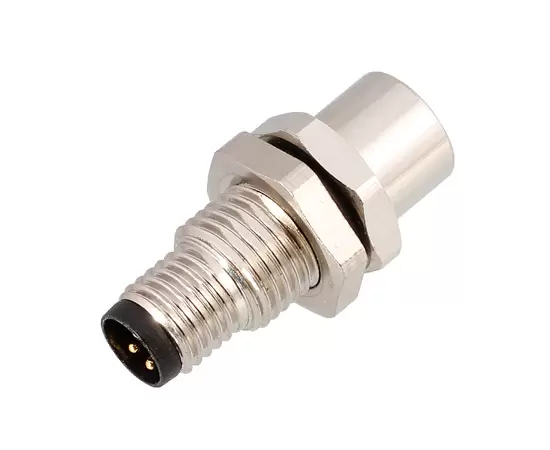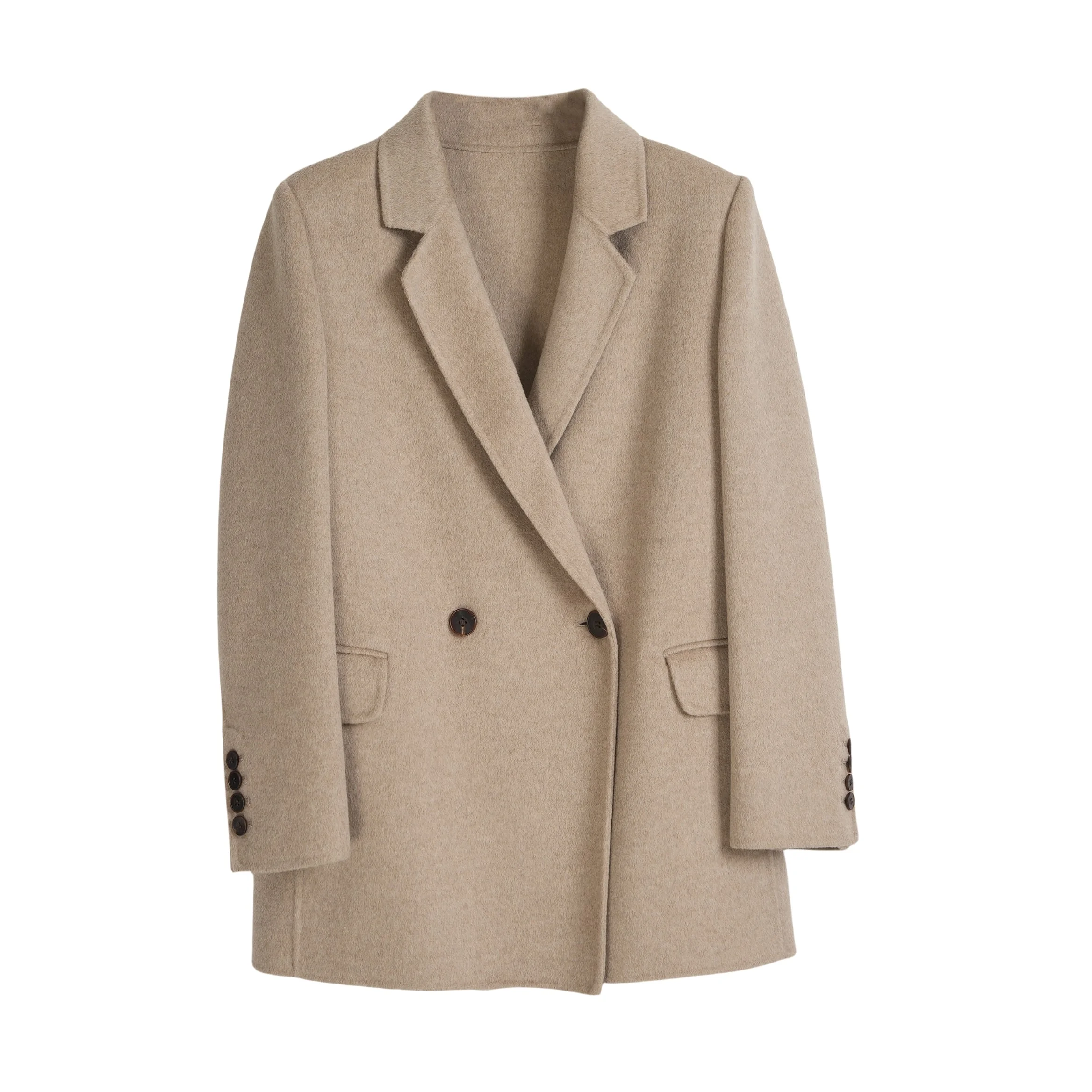Back pain is a common issue that affects millions of people worldwide. It can be caused by various factors, including poor posture, muscle strain, and inadequate support during sleep. One crucial factor that can significantly impact back pain is the type of mattress you sleep on. In this article, we will delve into the debate of memory foam vs. spring mattresses and explore why memory foam emerges as the superior choice for alleviating back pain.
- Understanding Memory Foam and Spring Mattresses:
Before delving into their impact on back pain, it is essential to understand the fundamental differences between memory foam and spring mattresses.
1.1 Memory Foam Mattresses:
Memory foam mattresses are made from a viscoelastic material that responds to body heat and pressure, contouring to the shape of the sleeper's body. This unique feature provides excellent support and pressure relief, making it an ideal choice for individuals with back pain.
1.2 Spring Mattresses:
Spring mattresses, also known as innerspring mattresses, consist of a network of metal coils that provide support and bounce. While they offer a traditional feel, they may not provide adequate support for individuals with back pain.
- The Impact on Back Pain:
Now let's explore why memory foam mattresses are superior to spring mattresses when it comes to alleviating back pain.
2.1 Pressure Relief:
Memory foam mattresses excel in pressure relief due to their ability to contour to the body's shape. This feature helps distribute body weight evenly, reducing pressure points and allowing the spine to align naturally. In contrast, spring mattresses may create pressure points, exacerbating back pain.
2.2 Spinal Alignment:
Maintaining proper spinal alignment is crucial for individuals with back pain. Memory foam mattresses provide excellent support, allowing the spine to remain in a neutral position throughout the night. On the other hand, spring mattresses may not offer adequate support, leading to misalignment and increased discomfort.
2.3 Motion Isolation:
One significant advantage of memory foam mattresses is their exceptional motion isolation properties. This means that movements from one side of the bed are less likely to disturb the other person. This feature is particularly beneficial for individuals with back pain, as uninterrupted sleep is essential for their recovery.
- Additional Benefits of Memory Foam Mattresses:
Apart from their superiority in addressing back pain, memory foam mattresses offer several other advantages that contribute to overall sleep quality and comfort.
3.1 Durability:
Memory foam mattresses are known for their durability, often outlasting spring mattresses. They are less prone to sagging and can maintain their shape and support for an extended period.
3.2 Allergy-Friendly:
Memory foam mattresses are resistant to dust mites and allergens, making them an excellent choice for individuals with allergies or asthma.
3.3 Customized Comfort:
Memory foam mattresses come in various firmness levels, allowing individuals to choose the one that suits their specific needs. This customization ensures optimal comfort and support for individuals with back pain.
Conclusion:
When it comes to choosing the right mattress for back pain, memory foam emerges as the clear winner over spring mattresses. Its ability to provide pressure relief, maintain spinal alignment, and offer superior motion isolation makes it an ideal choice for individuals seeking relief from back pain. Investing in a high-quality memory foam mattress can significantly improve sleep quality and contribute to a healthier back. So, bid farewell to back pain and embrace the comfort and support of a memory foam mattress for a restful night's sleep.




